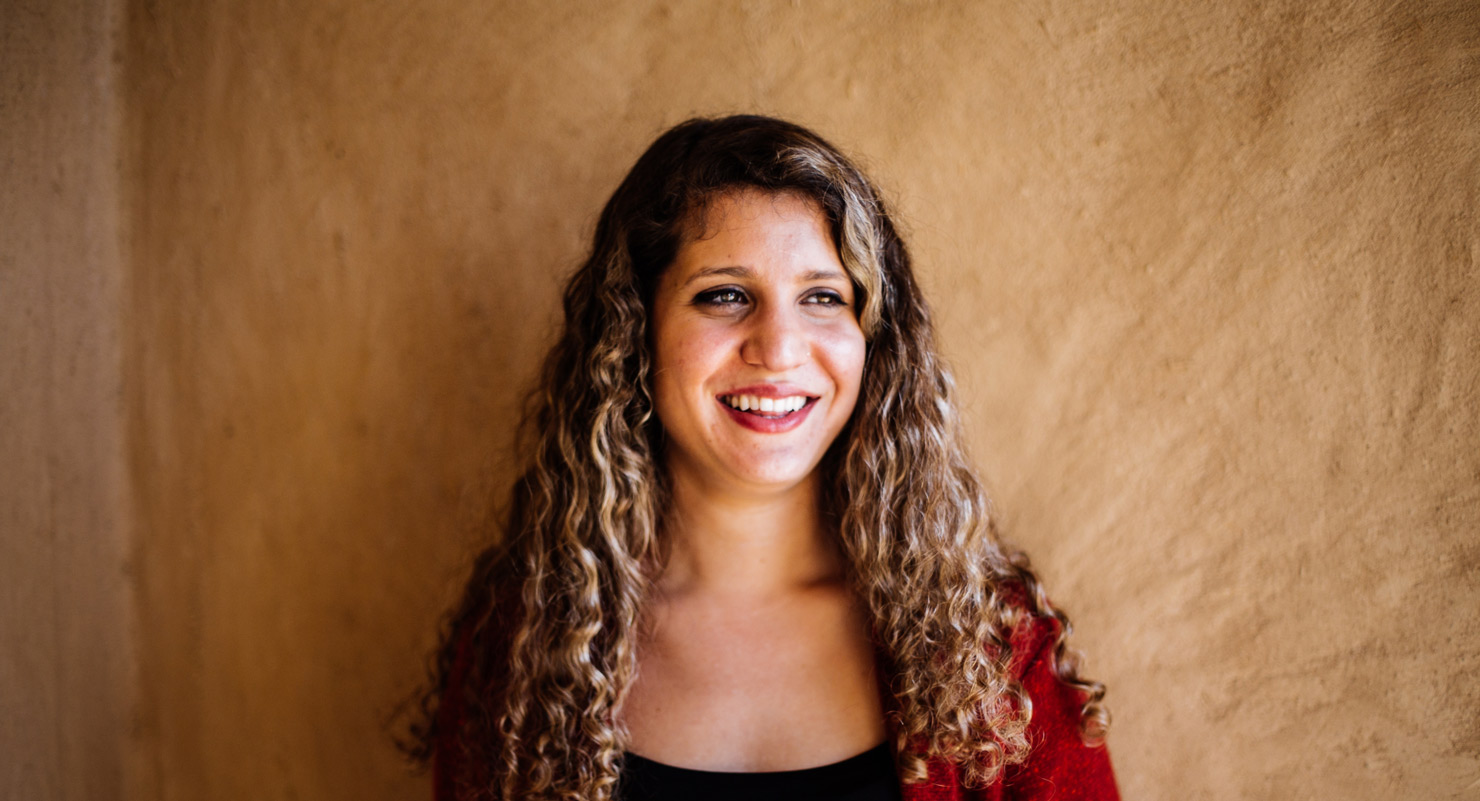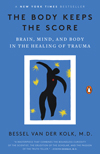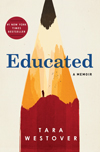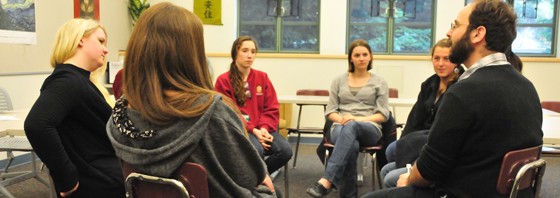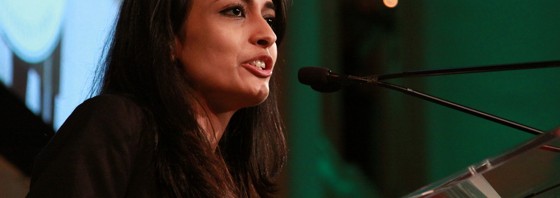Monday night flight from Ben-Gurion Airport in Tel Aviv, to London where I now live.
I reach the top floor of Terminal 1. The first security officer looks at my passport and asks me to follow him and head to the line on the far right. We’ve been through this before, I know the way.
When we get there, the second security officer tries to guess what’s in my bag. Dates? Ma’amoul? I smile and say baklawa. She tells her colleagues I have baklawa. “Did you guess?” someone asks. “No, I talked to her,” she admits. From their chuckles I think this is a game they play to pass the time.
Second security officer says into her radio, “I have a ‘Mikey.’” I’m the Mikey. She asks me to put all my belongings into baskets and follow her. She needs to search my body.
Why? She doesn’t bother answering. She just says to sit down and take off my shoes. I ask if she needs me to take off my socks, too. No. Then she directs me to a small curtained space where she plans to search my body.
Me: “What about the big x-ray machine with all the radiation?” I prefer that to being felt up by a stranger.
Her: “It’s not possible at this time. You keep asking ‘Why?’ There’s no point, I just do what I’m told.”
Me: “Why was I moved to a different line?” As if I don’t already know.
Her: “I don’t know.”
When she asks me to unbutton my jeans, I unzip them and pull them down.
Me: “Is this good enough?” This doesn’t go over well.
Her: “Just the button.”
Me: “Why?”
Her: “Take off your shirt.”
I do and tell her I’m wearing another shirt underneath. “Want me take that off, too?”
Her: *hesitating* “Yes.”
She informs me she’s going to touch me with a metal detector and gestures at her breasts.
Me: “You mean you’re going to touch my breasts?”
Her: “Not with my hands.”
She runs the metal detector over my chest and says, “Good, no wires.” She’s referring to my bra.
Me: “Yes, aren’t wireless bras more comfortable?”
Her: “That’s right, me too,” and runs the metal detector over her own chest. “Turn around so I can check your hair.”
As she runs her gloved fingers through my hair and over my scalp I make a joke about not having worn enough deodorant today.
Her: “Don’t worry, you smell nice.”
She calls in her walkie-talkie for a ‘mefasek’ because she needs ‘havshala’. Mefasek means circuit-breaker; havshala means ripening.
Me: “What’s a mefasek?”
Her: “It’s a person’s job. Don’t worry, while we’re in here they’ll finish searching your belongings.” As if this is meant to reassure me.
Me: “Can you make sure they don’t eat my baklawa?”
Her: *laughs* “Has ve halila, I’m watching them.”
Me: “Do you like your job?”
Her: “Sure.”
She asks where I bought my baklawa. I answer, even though the line between small talk and interrogation is unclear. She asks where I’m from. I answer. She says her parents live nearby. I ask where. She answers. I say that’s very close to where I bought the baklawa. I ask if she lives with her parents. She says she doesn’t. I ask where she is from. She answers and tells me she recently moved house. She asks if London is fun.
Even though she won’t allow me to button up my jeans, she has allowed me to put on one of my shirts. We’re practically best friends.
Finally, her colleague, the Mefasek presumably, arrives. She introduces herself as Marva, Head of Security. She wants me to unzip my jeans and pull them down to my knees. Why? Because the metal detector was activated—probably by the metal button on my jeans. And even though her colleague has already seen my underwear and thighs, she needs to have a look for herself. I pull down my jeans as far as they’ll go.
Me: “Good enough? Need me to turn around?” I start to turn around.
“No!” they both protest. Because clearly asking me to turn around would be too much.
Me: “Are you sure?”
Marva the Mefasek: “Yes.”
Me: “Do you like your job Marva?”
Marva the Mefasek: “Yes, I believe in it,” she says with conviction.
I smile. Not sure what it is she believes in so strongly, my crotch posing a threat to passenger security or my baklawa and belongings needing to be searched in my absence. But I keep quiet. I’ve run out of things to say and I have a flight to catch. Marva the Mefasek apologises for any discomfort. I say “I’m comfortable if you are.” My new best friend offers to help me pack my stuff and wishes me a good flight. I say goodbye without making eye contact and head to the gate.
I wrote the above in anger to post on my Facebook page. It is not something I particularly enjoy sharing on social media—it is a private moment made public by an oppressive political reality and I tend to be cautious about what I share these days. It is also not an uncommon occurrence. Almost every Arab or Palestinian passing through Ben Gurion Airport is aware of the term “Mikey.” Every time I walk into Ben Gurion I feel anxious and prepare myself for what I know is coming. I also know there is far worse injustice in the world today. Ultimately, I consider myself lucky because I have always been allowed to board the plane. Not everyone is so lucky.
My way of coping is by appealing to the security officers’ humanity. The lesson I learned through Seeds of Peace is that we are all human. Finding common ground— lack of wire under our breasts and our parents being neighbours—made the experience more bearable for me, and hopefully reminded her that I am a person who deserves to be treated with dignity.
While this story is not unique, sharing it with my friends and receiving messages of support—many from Seeds—is unique and powerful.
I’ll leave you with one from my close friend Karen Golub: “I’m sorry that you’re not treated with the same dignity I am when we go through the same airport. I’m sorry we are not equal under our government. To me, home is not home without you.”


